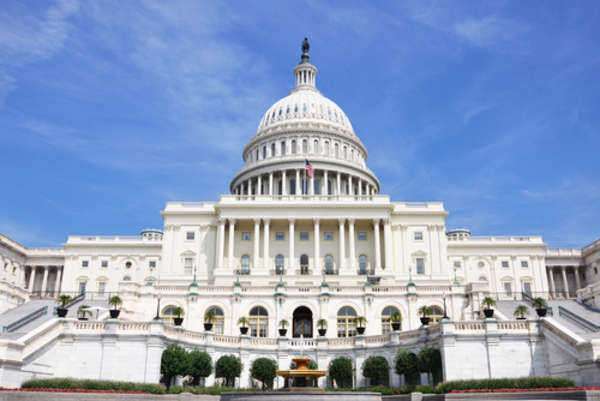A Look at the Prohibition Amendments
The prohibition amendments are a series of amendments to the United States Constitution that banned the production, sale, and transportation of alcoholic beverages. The 18th Amendment, which was ratified in 1919, began the era of prohibition in the US. It was repealed by the 21st Amendment in 1933. In this article, we will explore the history, impact, and legacy of the prohibition amendments.
The 18th Amendment was a response to the growing concern in the late 19th and early 20th centuries about the adverse effects of alcohol on society. Prohibition was seen as a way to reduce crime, improve public health, and promote social stability. The amendment passed with broad support from both Democrats and Republicans, and was ratified by the requisite number of states within a year.
The implementation of the 18th Amendment was a major undertaking. The federal government established a Prohibition Bureau to enforce the new law, and millions of Americans who enjoyed alcohol found themselves suddenly breaking the law. Bootlegging and speakeasies proliferated, and organized crime groups saw an opportunity to profit from the black market trade in alcohol.

The prohibition era had a significant impact on American society. On the one hand, it led to a sharp reduction in alcohol consumption and related problems such as domestic violence and public drunkenness. It also spurred a new era of social and cultural change, as speakeasies and jazz clubs became popular gathering spots for young people. However, the law also created widespread corruption, contributed to the rise of organized crime, and infringed on the individual liberty of Americans.
As the Great Depression took hold in the early 1930s, support for prohibition began to wane. The government needed new sources of revenue and saw alcohol taxes as a potential solution. Additionally, many Americans had come to see prohibition as a failed experiment that had done more harm than good. In 1933, Congress passed the 21st Amendment, which repealed the 18th Amendment and allowed for the production and sale of alcohol to resume.
The legacy of the prohibition era is complex. While it helped to reduce alcohol consumption and lessen some of the harm caused by excessive drinking, it also created social problems and infringed on individual rights. The failure of prohibition serves as a reminder of the limitations of government intervention in social issues and the importance of finding effective, evidence-based solutions to complex problems.
In conclusion, the prohibition amendments were a significant event in American history. Though the 18th Amendment aimed to reduce social problems related to alcohol, it created many new ones. Ultimately, the repeal of prohibition shows the importance of balancing the benefits and costs of government intervention and finding ways to create a more equitable, just, and healthy society.
Amendments to the U.S. Constitution, made during important time periods in the United States, often take on the title of that era. This is true of the Eighteenth Amendment to the U.S. Constitution, which is informally referred to as the Prohibition Amendment.
The Prohibition Amendment was an Amendment that regulated under what condition high-proof spirits could be manufactured and distributed in the United States. Under this law, the manufacturing of high-proof spirits was limited and they were not allowed to be sold as beverages.
The Prohibition Amendment worked in conjunction with the Volstead Act, which was implemented to reinforce prohibition in the United States. The Eighteenth Amendment was ratified and implemented in 1919.
One aspect of the Prohibition Amendment that is particularly interesting is that it was created to suit the time. It is also the only Amendment that has been repealed. In the list of Amendments, many have been expanded on further to encompass new groups of individuals or flesh out the rights citizens already have, but the Eighteenth Amendment is the only one that has had a counterpart repeal it.
In 1933, the Twenty-First Amendment to the U.S. Constitution was implemented. This was the Amendment that repealed all of the restrictions on manufacturing and distributing high-proof spirits. Overall, the list of Amendments can give rights and privileges or regulate certain areas of the nation or Government. These Amendments can be implemented at any time, but require serious consideration and formal voting from the entirety of Congress, and then the various states of the United States.